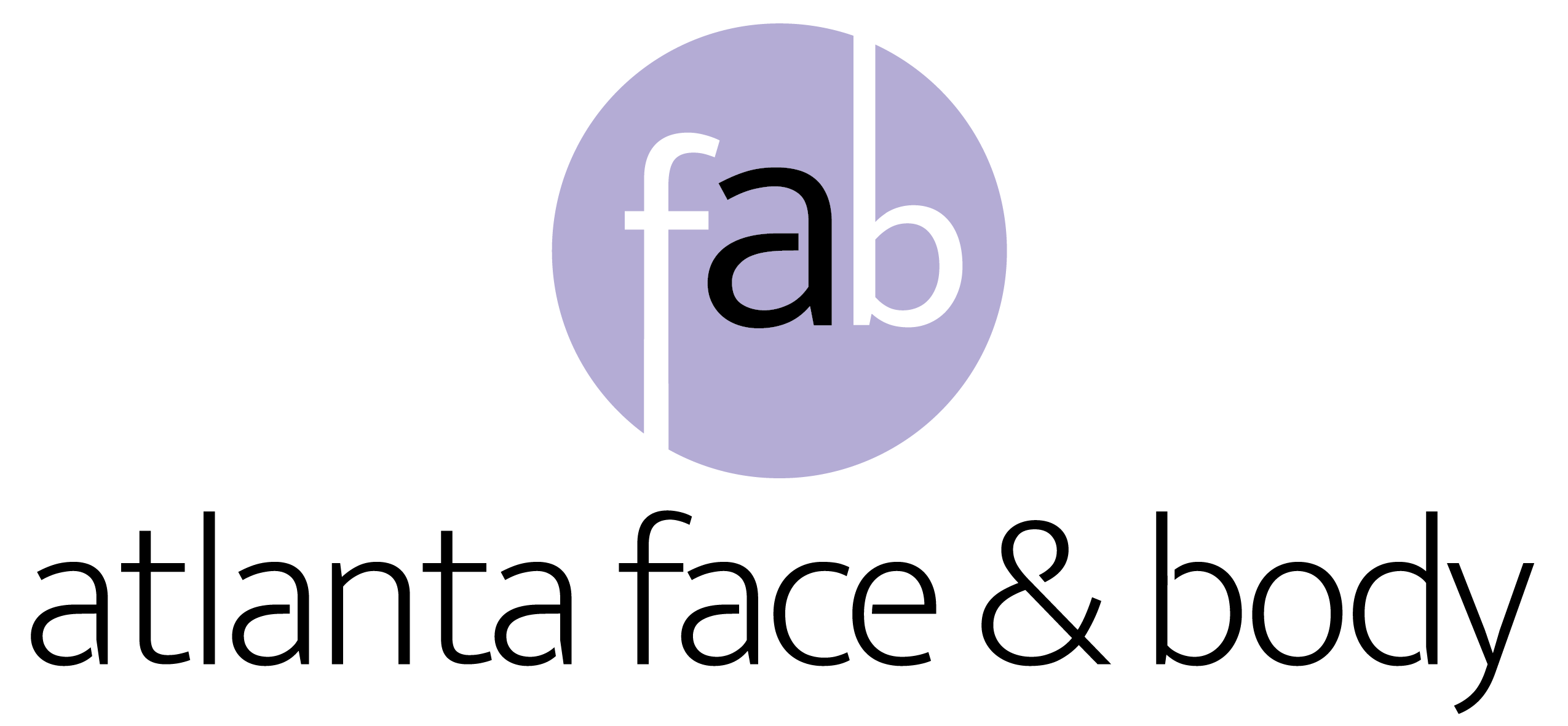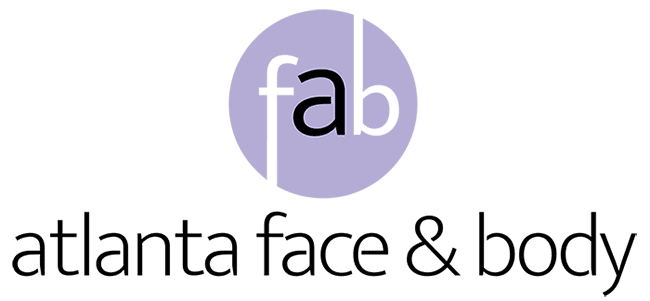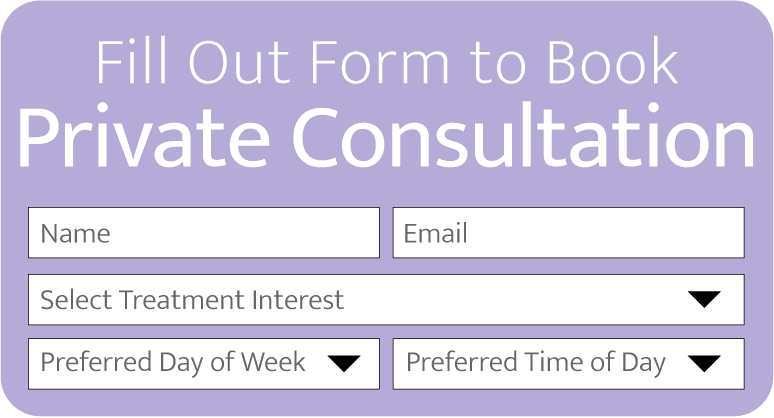In 2021, an average plastic surgeon performed 320 cosmetic procedures. If you’re interested in plastic surgery, you may wonder how you should go about choosing a plastic surgeon. To ensure you always choose the most qualified surgeon, ask as many questions as possible beforehand.
Many surgeons offer a range of treatment options. From parts of your body you’re self-conscious about to repairing scar tissue from injury, browse your surgeon’s treatment guide to see what is available.
Check out the most useful questions to ask before choosing a plastic surgeon below.
1. Do You Have Board Certification?
Doctors in the US can offer plastic surgery treatments even if they’ve never trained in this area. Many do, as it is a great way to increase their income. However, doing so puts the patient at risk because the doctor may be inexperienced with particular procedures.
Check your surgeon is board certified before agreeing to undertake a procedure with them. Board certification proves that your doctor is highly trained in cosmetic procedures and has received detailed training in plastic surgery.
The American Board of Cosmetic Surgery only approves medical professionals who have a year-long AACS-certified cosmetic surgery fellowship training qualification and who have undergone a surgical residency.
To get more information on your surgeon’s training, here are some useful follow-up questions that your surgeon will happily answer.
Can You Provide References?
You can ask your surgeon for both professional references and previous client references. Professional references should come from other medical professionals they have worked with.
Previous client references should be from people who have received plastic surgery from your chosen doctor. Always ask those who have had the same procedure you are considering.
Your doctor will not be allowed to give out client details due to confidentiality. However, you may be able to see reviews online about your doctor or their surgery and contact prior patients using these details.
Ask reference questions relating to your surgeon’s professional attitude, the clinic’s hygiene standards, and the outcome of the surgery.
Where Did You Study or Train?
Your doctor’s education and training will make a big difference to how confident you feel using their services. Of course, they don’t have to have studied at an Ivy League school to be an excellent surgeon. However, you should know they got their degree from a recognized university.
You can also ask what hospitals they did their training in. This is another way to access references from medical professionals. Your surgeon should openly share these details with you when you ask.
2. What Is the Procedure Cost?
The expense of plastic surgery is off-putting for many people. However, don’t let an expensive procedure stop you from achieving the look of your dreams.
Asking your surgeon about the cost of your procedure will allow you to make the sot informed decisions. They’ll lay out a detailed list of everything you will need to pay for and round it up to the total cost. You’ll then be able to consider whether your desired procedure is worth it or not.
To learn more about your payment options, ask the following questions:
Do You Offer Payment Plans?
Payment plans are a great way to spread the cost of any procedure you choose to have. Many clinics will offer specific plans to help ease the financial burden of surgery.
Some clinics will ask for a lump sum and then request additional monthly payments. Others will allow you to pay monthly until the cost is entirely covered.
Not all plastic surgery clinics will have payment plans in place. Always double-check with your surgeon before agreeing to work with them.
Why Is There Such Variation in Procedure Cost?
There is a huge fluctuation in plastic surgery costs. If you find a clinic that’s offering your desired procedure for a lower price, it’s a good idea to question why. Maybe they aren’t using the latest techniques or their surgeons aren’t as experienced.
That’s not to say that you always need to go for the most expensive surgeon to get the best results. Take into account that, when it comes to plastic surgery, you usually get what you pay for.
The procedure costs themselves also vary hugely. A small, minor operation will cost considerably less than a larger procedure that requires more equipment. Your surgeon will recommend the most cost-friendly option to achieve your desired outcome.
3. Is this Procedure Safe?
The safety of your procedure will no doubt be a factor you’re considering before choosing a plastic surgeon. Plastic surgery is always changing thanks to new and improved technology and training techniques. However, you can always rest assured that you’re surgeon will take any necessary safety precautions before, during, and after your procedure.
If you’re very worried about undergoing a procedure, ask your surgeon to talk you through everything that will happen during it. They’ll explain this very simply so that you get a clear understanding of every step taken during the surgery process.
If you’re nervous or unsure about the procedure, consider asking the below questions to ease your mind.
Who Will be Present During the Procedure?
Knowing who will be in the room when you’re undergoing surgery is a great way to relieve any apprehension you may have. For small procedures, it may just be you, your doctor, and one other medical professional, such as another doctor or nurse.
For bigger surgical operations, there could be up to five doctors and nurses in the room. Don’t let this worry you. They are simply there to make sure the procedure goes smoothly and that the lead surgeon has any help they need available to them quickly.
Will I Need a Local or General Anesthetic?
Depending on how major your procedure is, you may only require a local anesthetic. This type of anesthetic only numbs the area it is injected into. For example, nose tips can usually be performed while you’re awake and numbed using a local anesthetic.
Others will require a general anesthetic. This kind of anesthesia is injected and will cause you to fall asleep. Complex facial surgeries often require the use of a general anesthetic because this type of surgery requires work in many areas of your face.
Anesthesia is largely considered safe when injected by a professional anesthesiologist. Your surgeon will never do anything to put you at risk, so you can trust that you are in the safest hands and that they have considered all risks or possible complications.
4. What’s Your Experience?
Most plastic surgeons receive a wide range of on-the-job experience during their surgical residency. From small procedures like eye lifts to larger, more complicated face and neck lifts, check what your surgeon’s experience is by simply asking them.
Knowing detailed information about your surgeon’s experience can help alleviate any pre-procedure nerves. Your surgeon will answer the questions below if you need more information.
How Many Times Have You Performed This Procedure?
Asking this question will let you know about your surgeon’s experience concerning the procedure you’re having done. They may have a lot of cosmetic surgery experience, but this might be their first time performing the surgery you want.
However, you shouldn’t let this put you off from receiving treatment. If your surgeon has never performed your specific surgery before, there will be more experience medical professionals in the room with them to guide them and ensure they perform incorrectly.
Can I See Before and After Photos for Reference?
Viewing before and after photos will give you an idea of how successful the results of your surgery will be. They also speak to the professionality of your chosen surgeon or clinic.
If you notice something you’re unsure about in the before and after photos, double-check this with your surgeon. Some after photos may be taken just a few days after the procedure, so some lines or scarring may not have cleared up yet. Your surgeon will talk you through any before and after questions you have.
How Should I Best Prepare for This Procedure?
Sometimes, you won’t need to do anything before a plastic surgery procedure. Your prep will depend on how long the procedure will take and the length of your recovery time.
Your surgeon will let you know if you should fast before the surgery, prepare to take time off work, and advise on if you’ll be able to drive yourself home. Being prepared before your surgery means you’ll be better able to focus on your recovery.
5. What Sort of Recovery Time Is Involved?
Recovery time is a major factor to consider before going under the knife. You need to know if you’ll have an extended stay in the clinic and how much extra this may cost you.
Some cosmetic treatments won’t require a lengthy stay in the hospital and you’ll be allowed to return home after your surgeon is sure you’re healing. Your surgeon will discuss all your recovery options with you and give you an estimated time frame for when you’ll fully recover.
You’ll be better able to prepare for your recovery if you have as much information as possible. Check with your surgeon exactly what to expect with the below questions.
Will I Need to Take Time Off Work?
If you’ll need to take time away from your employment following surgery, it’s best to know this well in advance. That way, you can discuss your leave options with your employer and plan a date to return.
You should also ask your surgeon if you’re well enough to work from home if this is an option for you. This will allow you to still do your required work while being able to fully recover.
Will I Experience Pain During Recovery?
Knowing about expected pain following surgery might not seem like a good idea. You may worry it will put you off the procedure altogether. However, allowing your surgeon to explain any possible pain will help you better prepare for it.
Your surgeon will also explain what exactly will be the cause of any pain you experience. This could be from surgical wound healing and scar tissue forming. Knowing where the pain is coming from will stop you from worrying about it should you experience it.
What Should I Do to Combat Pain?
Your surgeon can recommend painkillers and other pain relief options. For example, they may tell you that simply resting is the best way to alleviate pain. Or, they may suggest hot-water bottles placed on any treated areas to reduce both pain and swelling.
If your discomfort will be particularly harsh, your surgeon might prescribe you medication for a few days after surgery. Always follow your surgeon’s instructions regarding how best to take any pain relief medication.
Ask These Before Choosing a Plastic Surgeon
When it comes to choosing a surgeon, you want to have all the information available to you. From references to knowing what your recovery time will be, all of this can help you decide if the procedure is right for you.
Reputable surgeons are always prepared to answer a lot of questions, so don’t be afraid to ask! They understand that you’ll feel anxious before the operation, so they’ll want to do everything they can to make you feel comfortable and relaxed.
If you have any questions about plastic surgery in general or a specific procedure, don’t hesitate to contact us. We’re happy to guide you toward the right procedure for your needs.









